Finding gay fulfillment can be a difficult journey for some, generating feelings of anger, sadness, bitterness, or resignation.
Why Gay Goals are Important to Fulfillment
Goals can help navigate challenges and frustrations with a sense of purpose, agency, and empowerment.
Whether you're dealing with dating and relationship frustration, family drama, job or career-related issues, or difficulties with loneliness, isolation, or fitting in, goals matter.
For some people, the topic of goals can feel boring and business-like, akin to eating a bland, flavorless vegetable, one you would prefer to avoid at all costs. Others might think of goals being in the same camp as a New Year’s resolution: declared, forgotten, and resurrected once a year.
But goals are actually very important, especially if you’re gay.
Hear me out.
If you struggle with direction, meaning, or purpose in light of not having a partner or boyfriend, feeling alone, being torn between coming out or staying in the closet, feeling excluded or singled out because you’re gay, or any number of job, family, or relationship issues because you’re gay, then goals can offer a ray of hope and a structure for helping you navigate the challenges that undermine leading a fulfilling life that’s on your terms.
What Is Fulfillment?
Goals are a means to achieving a sense of fulfillment.
As human beings, we tend to lean more into the negative than the positive, and it’s sometimes it’s easier to understand fulfillment in terms of what it’s like to not feel fulfilled. Here are some great words that describe what being unfilled in any area of life can feel like:
- Empty
- Unhappy
- Frustrated
- Disconnected
- Bored
- Hopeless
- Sad
That’s an icky list. Most people (me included) don’t like any of those feelings. I’d wager to say we’d probably avoid them at all costs if we could.
BUT, we do try a lot of things: food, drink, sex, porn, spending, substances, streaming, endless social media scrolling, and on and on.
Sure, these can take the edge off. But the gnawing feeling of discontent remains, and the sense of unfulfillment might even feel a little bigger.
Sweets and snacks can only get you so far before you start craving something more nutritious—like a vegetable!
How Goals Relate to Gay Fulfillment
Part of feeling fulfilled is accepting who you are and where you are in life. It’s like Gay Pride, except on the inside.
If you don’t like or accept who you are or resent your present circumstances, goals can help you bridge the gap:
- Giving yourself a map to a new or better destination.
- Helping you figure out what you believe and value, and why.
- Providing energy, motivation, and direction to get moving and do something.
- Boosting self-esteem, improving self-confidence, and making you feel better about yourself.
Identifying What to Work On as a Gay Goal
Some things you can do on your own, others may require the assistance of someone who is trained professionally, such as a therapist, psychologist, or psychiatrist. Consider the following as starting points rather than advice.
Self Esteem Issues
- Maybe you don’t believe you’re deserving of a great group of friends, a romantic partner, or a job where people would value and respect you.
- Fear of potential love or acceptance could leave you feeling paralyzed from taking any kind of action toward getting them.
Hiding or Conforming
- Peer pressure, shame, or fear could inhibit you from personal, social, or interpersonal goals. For example, coming out to friends, loved ones, or even in the workplace. Other examples may include attending a gay networking event, joining a gay club or organization, or going to a Pride Parade.
- Maybe you feel undeserving in comparison to others and feel inhibited befriending people you genuinely like, opting instead to hide who you are in order not to be rejected.
- Your dating decisions are swayed by others’ opinions rather than your own interests or preferences—body type, age, ethnicity, or career status, for example.
Comparing Yourself to Others
- Similar to hiding or conforming, social fears could lead you to overthinking situations, ruminating on things you said, didn’t say, or should have said differently, keeping you from developing connections with others.
- You may be overly reliant on external validation to stay the course For example, not continuing to look for meaningful connections on dating apps when you are ghosted or when not enough guys like your pics. Comparing yourself to other men on social media who have certain looks, physique, style, or followers that lead you believe you are not good enough.
Obstacles or Challenges that Interfere with Gay Goals
Bad Experiences
Sometimes things in the past can affect how willing you are to keep going when you encounter that first obstacle, setback, or challenge to your goal. This is something that personally hangs me up. Whether it's an experience from childhood or something in recent memory, I find myself frequently pushing through these kinds of blocks:
- Embarrassment
- Being laughed at, scorned, or outright rejected
- Feeling ignored or passed over
- Being put on the spot or not knowing what to say
- Having to answer for myself in a way that feels shaming
Much of this list has its roots in childhood memories and trauma. But even things like being turned down for jobs, failed dating attempts, or awkwardness in social situations can fit into category of bad experiences.
Loneliness or a Need to Fit In
Have you been so hungry you couldn't think of anything else? I mean, to the point of an overwhelming distraction demanding attention.
Nourishment is a basic human need. If you go without too long, your body's going to tell you. The same goes with human connection.
There's a time and a place for everything, but sometimes the need for connection can turn into an urge that feels super distracting and demanding where you forego your plans in favor of a quick fix.
Anger, Sadness, Bitterness, Resignation
I don't know what to call this, but it's definitely a vicious cycle.
- Anger can hijack sensibility or derail a well thought-out plan. For example, constructively handling conflict versus shortcutting to aggression.
- Feeling sad can lead to host of emotional and physical manifestations that impede desire and motivation.
- Bitterness feels like desire turned sour. It's kind of a slow burn resentment over repeatedly not getting what you want.
- Resignation is abandoning the mission, vacating the premises, throwing in the towel on the whole plan—only worse. You're going through the motions completely checked out and with zero care to try anymore.
Benefits of Using Goals to Navigate Gay Frustrations
Purpose
Goals can help you get clear on your values, which are especially good at helping you stay anchored and grounded.
When your goals are aligned with your values they serve to make you a little less shakable. They help you make decisions based on who you are or aspire to be.
For example, you're looking for a long-term romantic partner. You value trust, authenticity, and monogamy. On your third date with a handsome guy you really like, you find out he misrepresented himself and is actually in an open relationship. While the situation may be frustrating, knowing your values helps you make a decision better aligned with you goal.
Direction
Goals provide clarity that in turn give you direction in life. Without direction, you may feel lost or aimless and not even know why, which could create feelings of stress, anxiety, or sadness.
Direction can generate movement, helping you go from feeling stuck or stagnated to feeling excited, optimistic, and motivated.
As an example, I go through different periods feeling socially and interpersonally stuck, unwilling to do anything other than plop on the couch, watch TV, and go to bed early. As my sense of isolation and loneliness builds, so do my feelings of anxiety and sadness.
One way I break the ingrained habit is by giving myself a small goal that gets me out of the house and around people, like going to a local event or even (yes) a gay bar for a drink.
The initial goal isn't meet anyone specifically. It's just to get out of the house and around people. Subsequent goals may be as simple as smiling, people watching, or saying hello to someone.
The point is that I keep moving in that direction and let the goal evolve as I do, which for me creates interest and excitement over future possibilities.
Agency
Developing a sense of agency is such a great benefit to working on goals. You set the terms of what your goals mean to you.
Creating the terms of the goal gives you such a feeling of control.
Going back to my getting out of the house example, the reason I set small goals is that they ensure a high rate of success.
One night I decided to go out and just plant myself in a corner to observe people. I wasn't trying to meet anyone. I people-watched and smiled. And then I left when I wanted to without feeling anything but satisfaction for accomplishing what I set out to do.
Trying to make something happen, like meeting a guy and exchanging numbers, would leave me feeling discouraged or like a failure if it didn't happen. With practice, letting the goal evolve, it's a future possibility that's exciting (direction).
Empowerment
Achieving a sense of purpose, direction, and agency through working with goals ultimately leads to a feeling of empowerment.
Empowerment enables you to:
- Move through life with a feeling of hope and positivity
- Focus on making an meaningful impact in the world and on others' lives through service and contribution
- Enlarge the scope of your own potential for growth and development as a gay man through improved self esteem and confidence
- Develop greater resilience in the face of setbacks and difficulties, with discipline and perseverance
Conclusion & Takeaways
Working through goals can be an empowering and transformative experience for men navigating the challenges and complexities of being gay. It can also be a means to finding fulfillment by creating a sense of purpose, direction, and agency.
More than feeling like a boring exercise, obligation, or a once-a-year resolution, goals can become an ongoing, structured, and exciting way to overcome things like confidence issues, dating frustrations, or feelings of disconnection in the gay community or the world at large:
- A tool for dealing with negative emotions
- A process for self discovery
- A proactive way to build resilience
- A vehicle for personal growth that can lead to a more authentic and fulfilling life
Disclaimer: The information and perspectives shared in my posts, articles, and videos are based on my personal experiences and reflections. I am not a licensed therapist, counselor, or medical professional, and this content should not be considered a substitute for professional advice. If you are experiencing distress, depression, or mental health challenges, please reach out to a qualified professional who can provide the help you need. For immediate support, contact a mental health provider or, if you are in crisis, please call the Suicide & Crisis Lifeline at 988 (available in the U.S.) or your local emergency number.

